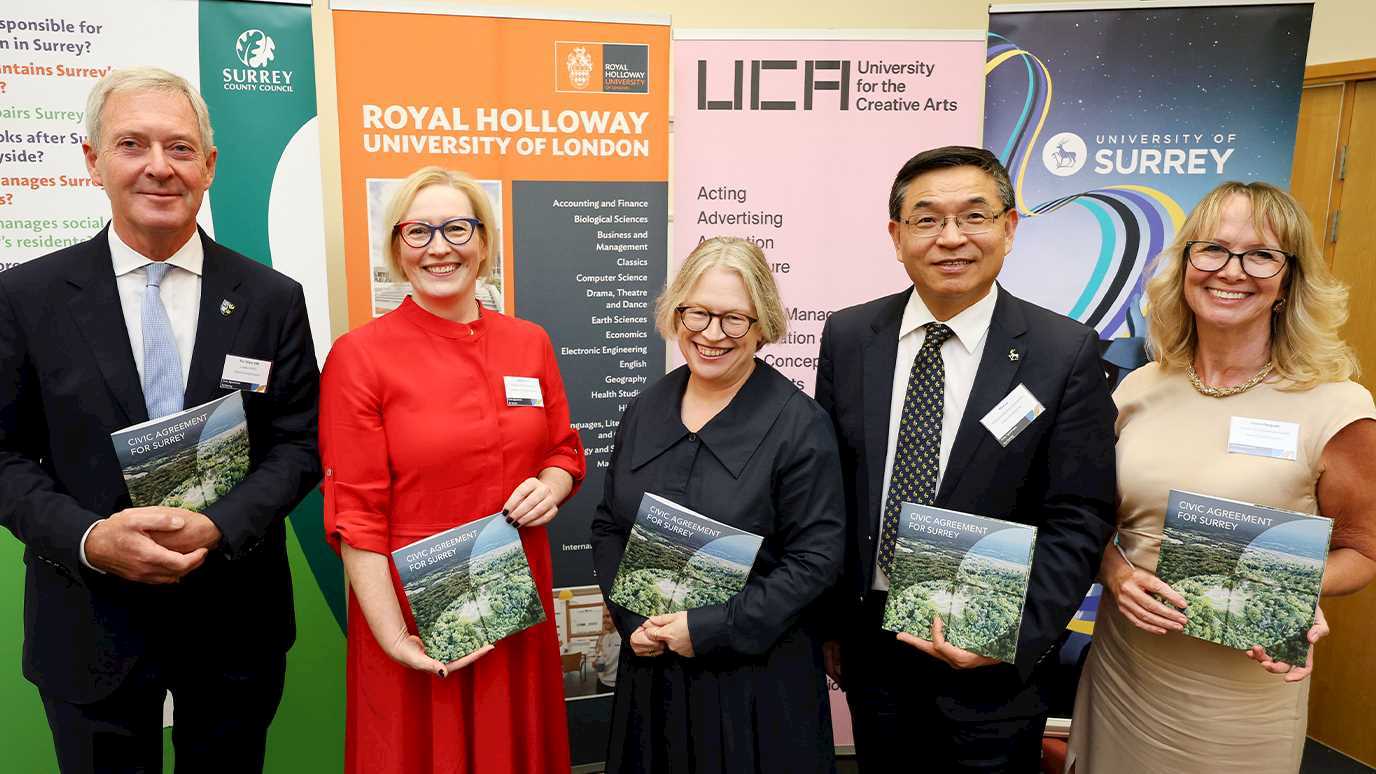With many people across the country wondering how they will adjust to a new way of life during the coronavirus lockdown in the UK, researchers at Royal Holloway, University of London have found that there can be some positives that come from staying at home, and they reveal how we can embrace a slower pace of life.

Professor Giana Eckhardt and Dr Katharina Husemann
Most people are suddenly and involuntarily having to slow down, working from home, self-isolating and social distancing. Gyms, pubs, theatres and most shops are closed, and public transport is largely standing still.
Professor Giana Eckhardt and Dr Katharina Husemann, from the School of Business and Management at Royal Holloway, are leading experts on how people decelerate, acknowledge that being forced to slow down and adapt to a new way of living is, without a doubt, a stress for some people and could impact their general wellbeing.
This slower life rhythm is very different to the fast pace of everyday life we are all used to. However, once adjusted to this new lifestyle, people can reap the unexpected benefits from an otherwise challenging situation.
The research [1] shows there are three main components to successfully slowing down:
- Embodied deceleration: your body itself slows down
- Episodic deceleration: the number of activities you engage with decreases
- Technological deceleration: having control of your time using technology
When these three components come together, people can experience powerful resonances, or re-connections, with loved ones, community and their self, none of which is always possible when living our usual accelerated, fast-paced lives.
Professor Giana Eckhardt from Royal Holloway, said: “This is a time where people will be re-connecting with loved ones through activities such as cooking and playing board games.
“Movie nights are in vogue again and virtual drinks with colleagues and friends are the new Friday night out.
Dr Katharina Husemann from Royal Holloway said: “We’re finding we have the time to connect with our community - entire streets are forming WhatsApp groups to keep in touch and provide support to the vulnerable.
“People are supporting local businesses and restaurants and reconnection with their own being is happening in the form of picking up hobbies that they never usually have time for.
Together, they argue: “We can make the most of these challenging times at home by trying to reap of the benefits of our slowed down lives, which can be reconnection with loved ones, the community and ourselves.”
[1] https://academic.oup.com/jcr/article/45/6/1142/4999270#132441049
























